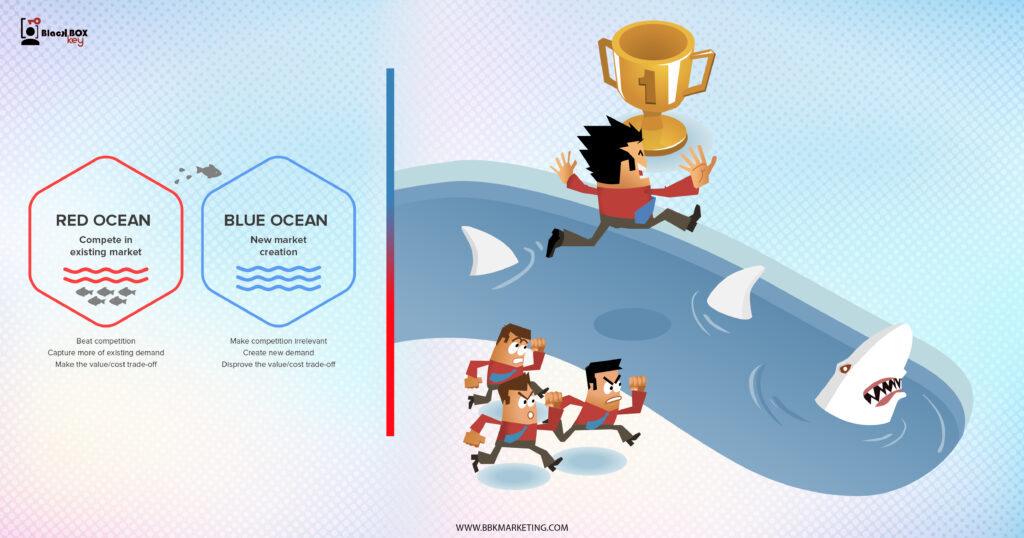AI is no longer just a buzzword, it’s becoming a key player in how consumers shop online. From smarter product suggestions to voice-powered assistants, AI is driving real business impact. By 2027, AI-driven recommendations are expected to influence over $1 trillion in global e-commerce purchases. This isn’t just innovation, it’s transformation.
Want to stay ahead as AI redefines digital commerce? Join our community and get exclusive insights, real-world use cases, and early access to tools that bring contextual AI to life. Fill out the form.
To truly capitalize on AI’s potential, your systems need to be trained with the right context. This is where the Model Context Protocol (MCP) comes in.
MCP connects AI models directly to your structured business data—such as product catalogs, inventory, and pricing—giving them the intelligence they need to deliver real value.
Rather than relying on search engines to interpret web pages, MCP gives AI real-time access to your data. The result? Faster, more accurate, and more personalized interactions with your customers.
What it means for your business:
Imagine a shopper asking, “What sunglasses match my style and budget?” and receiving a personalized answer in seconds, without clicking through filters. That’s the experience SARA delivers.
SARA is WordLift’s AI shopping assistant prototype that combines MCP with conversational AI. It provides a seamless, voice-powered interface powered by live product data, offering recommendations, checking availability, and suggesting alternatives in real time.
This is the evolution of ecommerce: from keyword search to intelligent conversation.
Search engine optimization is no longer just about Google rankings. As AI agents like voice assistants and chatbots become key touchpoints, your content must be readable and actionable by machines.
MCP ensures your content is structured and understandable by AI systems, boosting visibility across emerging digital channels.
Business implications::
The value of MCP isn’t theoretical, it’s already driving measurable business results. One standout case: Etilika’s AI-powered wine assistant, which revolutionizes wine pairing by recommending bottles based on flavor profiles, meals, or occasions.
By leveraging MCP and knowledge graphs, Etilika’s AI Sommelier not only transformed the user experience but also delivered significant business results, with clicks surging by 22.13% in just one month.
This approach scales beyond wine: fashion, furniture, consumer electronics—any sector where personalization fuels purchase decisions.
Implementing MCP is more than a technical upgrade. It’s a strategic leap toward semantic commerce, where AI doesn’t just display your products, it understands them.
This shift enables your brand to:
The post Building AI Agents That Know Your Business: Why Contextual Intelligence Is the Future of eCommerce appeared first on WordLift Blog.



Stay in touch and up to date with your industry news… Always be a step ahead with BBK Services…
join newsletter now ⤵
